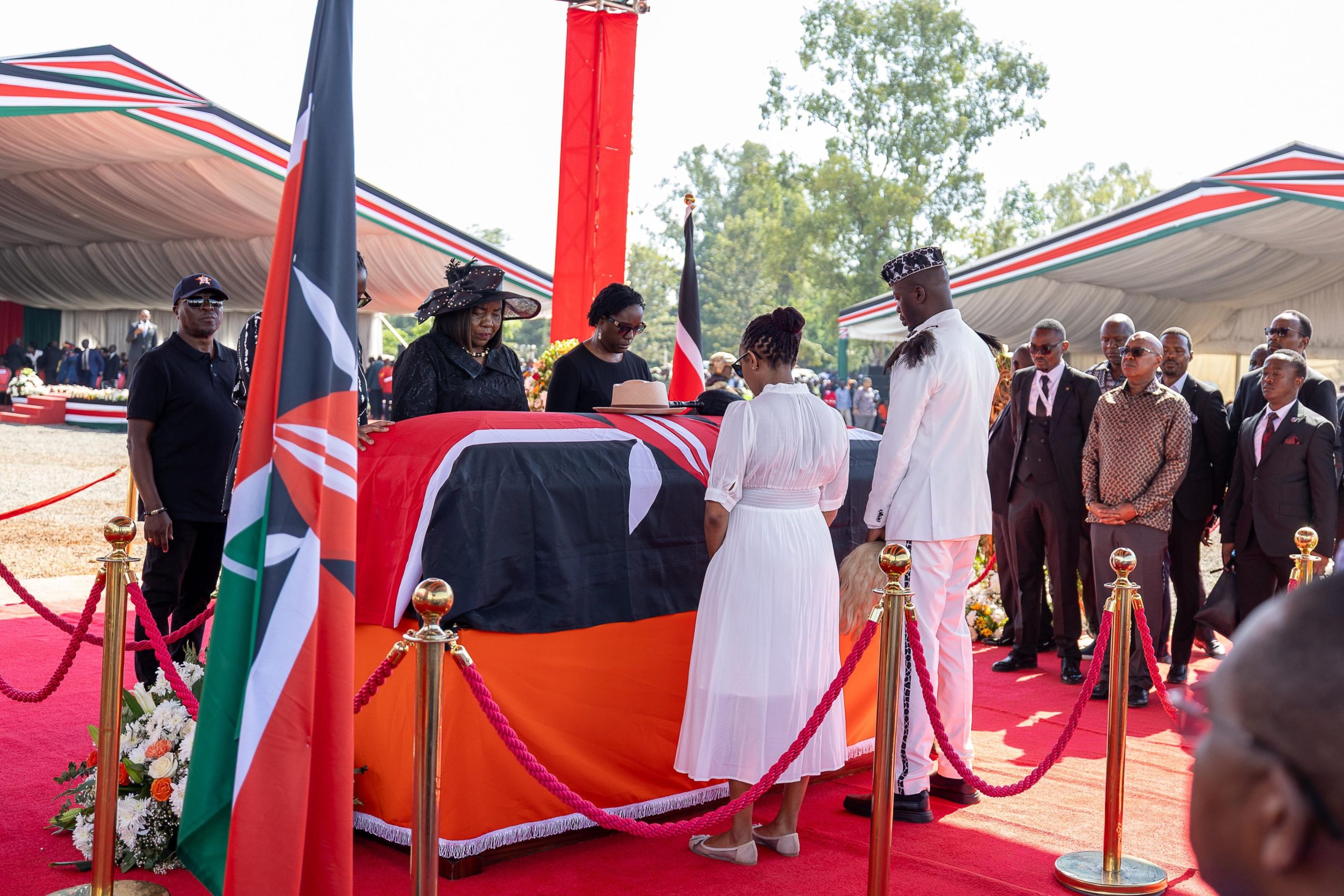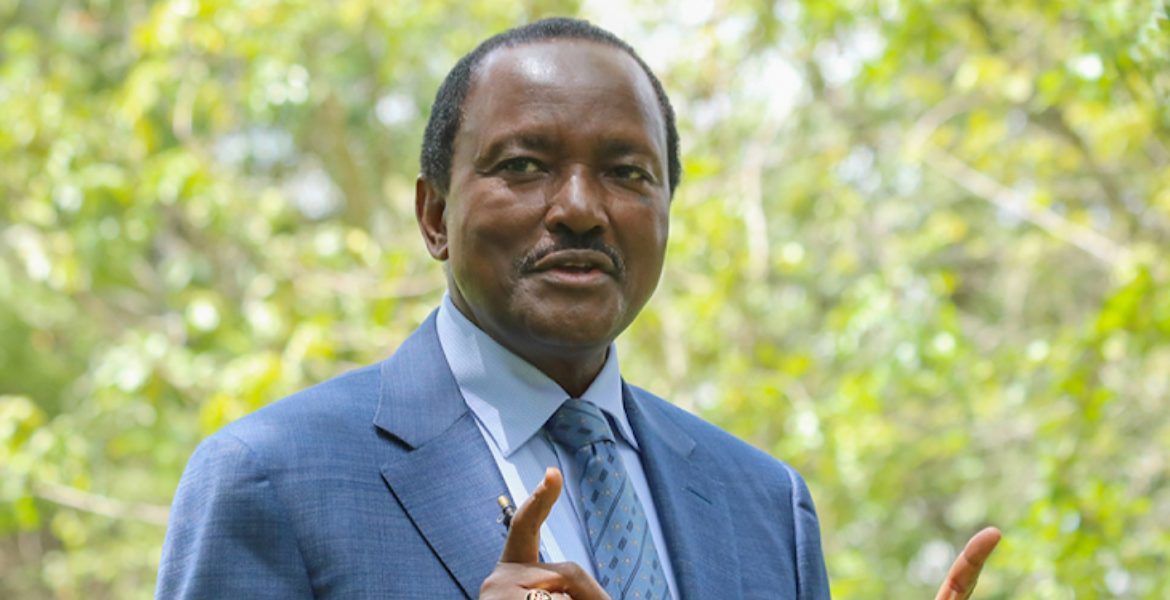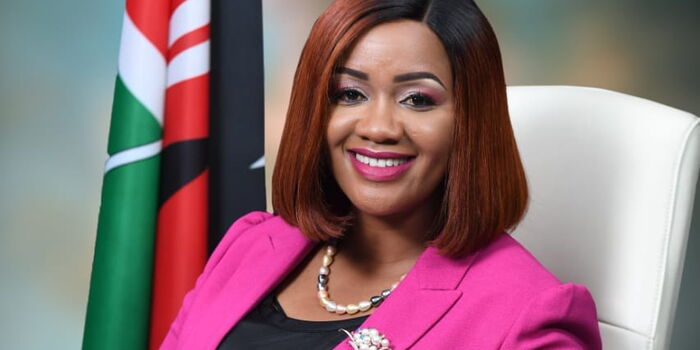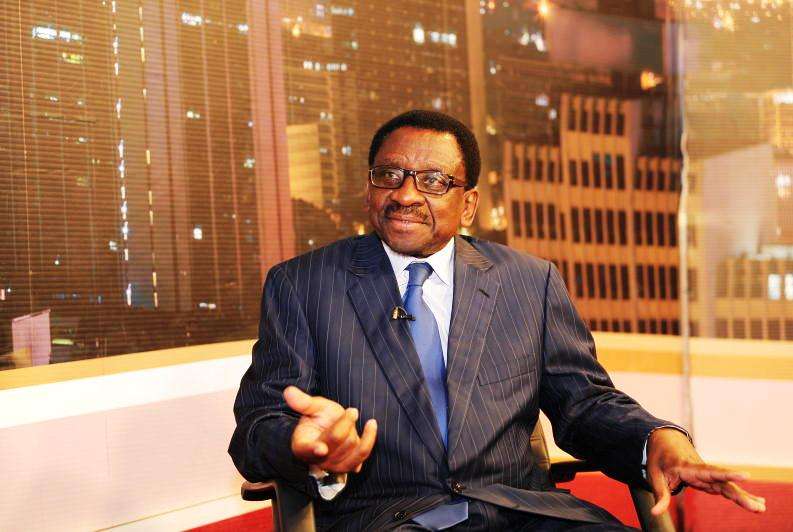By The Weekly Vision Political Desk
The late ODM leader Raila Odinga was a larger-than-life figure, admired and loathed in equal measure. It was the late Vice President Michael Kijana Wamalwa who once remarked that Raila evoked both Raila mania and Raila phobia, with people either loving him with passion or hating him with equal intensity.
Raila’s death, however, has inspired an outpouring of rituals and messages of honour and reverence from both his allies and former adversaries. President William Ruto, Raila’s long-time rival before the two struck a deal to form a joint government following last June’s Gen Z revolt that nearly toppled him, accorded Raila a State funeral with full military honours. Yet Kango ka Jaramogi, where Raila was laid to rest in Bondo, Siaya County, continues to attract delegations of dignitaries who troop in to lay wreaths and pay their respects, even two weeks after his burial.
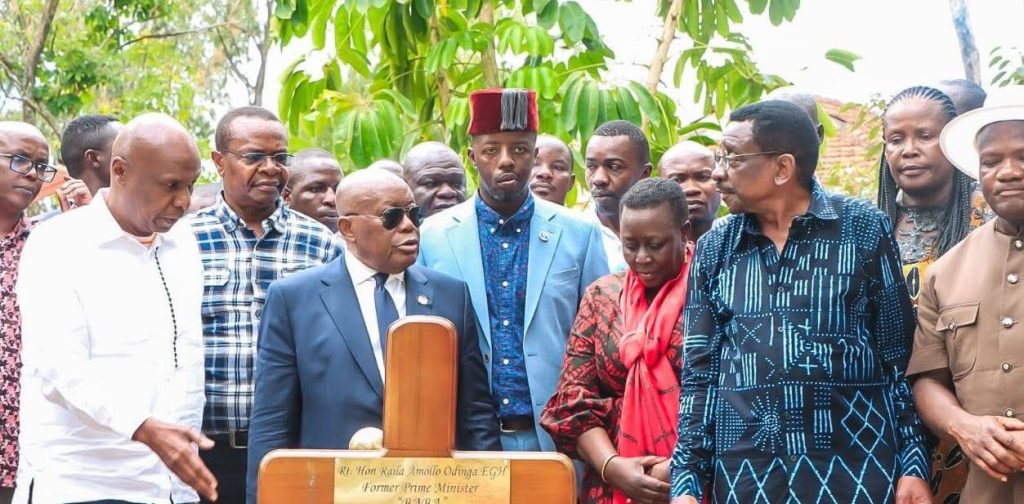
Following his death, Prime Cabinet Secretary Musalia Mudavadi, former Defence Cabinet Secretary and DAP–Kenya leader Eugene Wamalwa, and Trans Nzoia Governor George Natembeya led a group of Luhya leaders in herding bulls to Opoda Farm, symbolising the deep cultural bonds between the Luo and Luhya communities.
Wamalwa noted that he was honouring Raila in the same way he had honoured his elder brother’s death in August 2003. Bulls were also brought by elders from the Rift Valley and other regions.
Former President Uhuru Kenyatta was the first to visit Raila’s home a day after the burial. Since then, a steady stream of dignitaries has continued to pay homage, including Musalia Mudavadi, former Ghanaian President Nana Addo Dankwa Akufo-Addo, National Assembly Speaker Moses Wetang’ula, Kisii Governor and ODM deputy party leader Simba Arati, Siaya Senator James Orengo, Nairobi Governor Johnson Sakaja, KANU chairman Gideon Moi, former Interior CS Dr Fred Matiang’i, and COTU Secretary General Francis Atwoli, among others.
Other visitors have included Kapseret MP Oscar Sudi and First Daughter Charlene Ruto.
While the family, led by his elder brother Oburu Oginga, widow Ida Odinga, son Raila Junior, and sister Ruth Odinga, has graciously welcomed the mourners, there is growing concern that the family has not been given enough space to grieve privately and find closure.
“Kango ka Jaramogi should be locked up from 6 p.m. to 6 a.m.! No mourners or visitors allowed after this time,” a user named @DCPNation posted on X (formerly Twitter).
Yet, if the emotions Raila’s death continues to stir are anything to go by, it is evident that his legacy will endure. He will remain not only a political legend but also a moral compass, a man whose influence is likely to continue shaping not just Kenya’s politics, but also the broader African narrative for years to come.


